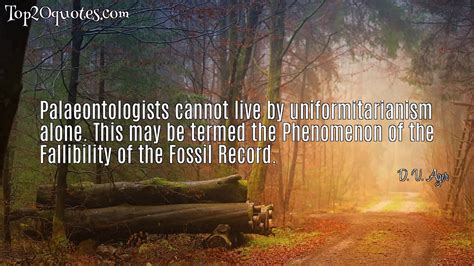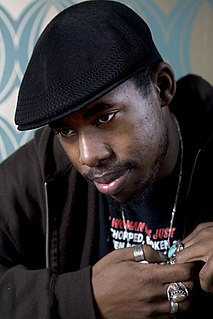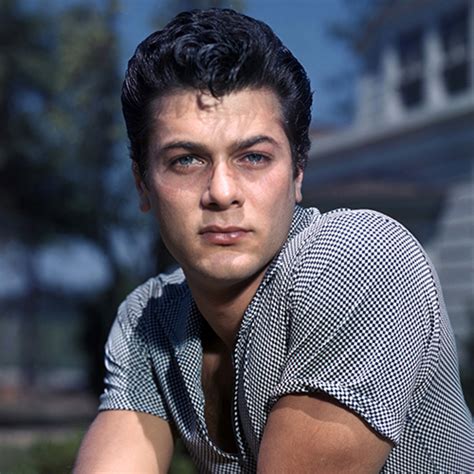A Quote by Noam Chomsky
Bohemian Grove seems to be a kind of frat house affair. Bilderberg [philosophy] may be marginally more serious. The CFR is transparent. You can read their publications. In the 18th century it perhaps made some sense to conjure up the Illuminati and Masons. Not since.
Related Quotes
There is a theory going around that the U.S.A. was and still is a gigantic Masonic plot under the ultimate control of the group known as the Illuminati. It is difficult to look for long at the strange single eye crowning the pyramid which is found on every dollar bill and not begin to believe the story, a little. Too many anarchists in 19th-century Europe—Bakunin, Proudhon, Salverio Friscia—were Masons for it to be pure chance. Lovers of global conspiracy, not all of them Catholic, can count on the Masons for a few good shivers and voids when all else fails.
I wanted to create a believable feeling for 18th Century reality in the Perfume: The Story Of A Murderer. I didn't want this typical film feel of strange people in strange costumes, not really knowing what to do or how to move. If you put an 18th Century costume on Alan Rickman, it looks like he's been wearing it forever because he inhabits the stuff. He is a character that can really travel in time as an actor and transform into this 18th Century person with seemingly no effort.
Scottish operative lodges began in the seventeenth century to admit non-operative members as accepted or gentleman masons and that by the early eighteenth century in some lodges the accepted or gentleman masons had gained the ascendancy: those lodges became, in turn speculative lodges, whilst others continued their purely operative nature. The speculative lodges eventually combined to form the Grand Lodge of Scotland in 1736.
We are now returning to the 18th century empirical approach with the new interest in the evolutionary basis of ethics, with 'experimental' moral philosophy and moral psychology. As a result, we understand better why moral formulas are experienced as ineluctable commands, even if there is no commander and even if the notion of an inescapable obligation is just superstition. So moral philosophy has made huge progress.
In the case of Anathem, most of the research had to do with philosophy and metaphysics. Reading this sort of thing has never been my strong suit, so I actually had to be somewhat more "organized and results-driven" than is my habit. I just made up my mind that I was going to have to read some of these philosophy tomes, and I forced myself to read something like 10 pages a day until I had bashed my way through them.
Many regard freemasonry as an 18th-century boys' club, all funny aprons and comedic handshakes. That's good for the masons themselves, but it's our mistake. The most senior figures are listed, but surely that's a sop because, all the while, the vast majority of lay members, 'the brotherhood,' remain anonymous.
On rare occasions there comes along a profound original, an odd little book that appears out of nowhere, from the pen of some obscure storyteller, and once you have read it, you will never go completely back to where you were before. The kind of book you may hesitate to lend for fear you might miss its company. The kind of book that echoes from the heart of some ancient knowing, and whispers from time's forgotten cave that life may be more than it seems, and less.






































